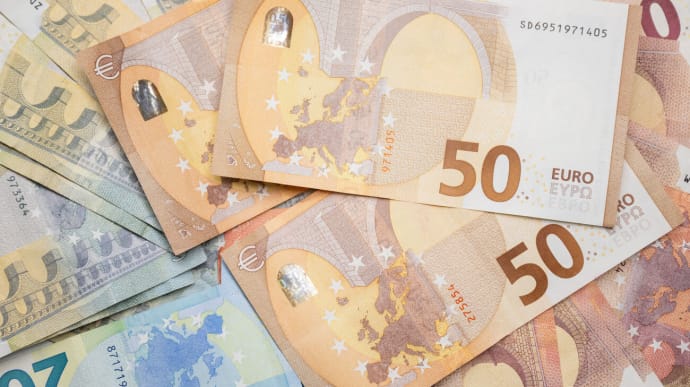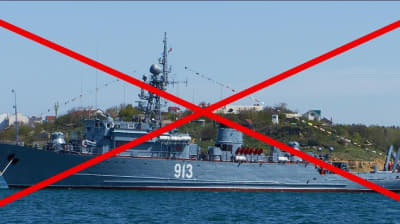Politico on how EU agree on allocation of €5 billion for military assistance to Ukraine

Germany, France and Hungary, for various reasons, initially opposed the approval of a €5 billion contribution to the European Peace Facility for 2024, which is used for military assistance to Ukraine.
Source: European Pravda; Politico
Details: Germany advocated that 100% of the direct military assistance provided by the EU member to Kyiv should be deducted from contributions to the European Peace Facility. It also did not like that some states transfer old weapons to Ukraine, and in return for the fund's money, they want to buy much more expensive new ones.
In practice, this would mean that Berlin, as the largest donor of military assistance to Ukraine in the EU, will not pay contributions to the European Peace Facility at all, which would jeopardise the fund’s replenishment and, accordingly, the supply of weapons to Kyiv. In the end, Germany agreed to a compromise: it agreed to reduce its contributions to the European Peace Facility below 50%.
France, in turn, insisted that the European Peace Facility should be used to reimburse only weapons produced in the EU.
The compromise stipulates that this rule will become mandatory after a certain transition period, which has not yet been precisely established. This will support, among other things, Czechia's initiative to purchase shells outside the EU.
As for Hungary, it agreed to use "constructive abstention", meaning it did not vote either for or against at the meeting of ambassadors. Despite this, Budapest is still blocking the allocation of a €500 million tranche from the European Peace Facility.
Background:
- EU permanent representatives supported a €5 billion increase in the European Peace Facility, which is used to fund supplies of weapons to Ukraine.
- The additional €5 billion for the fund will be officially approved at a meeting of EU foreign ministers on Monday, 18 March.
Support UP or become our patron!







